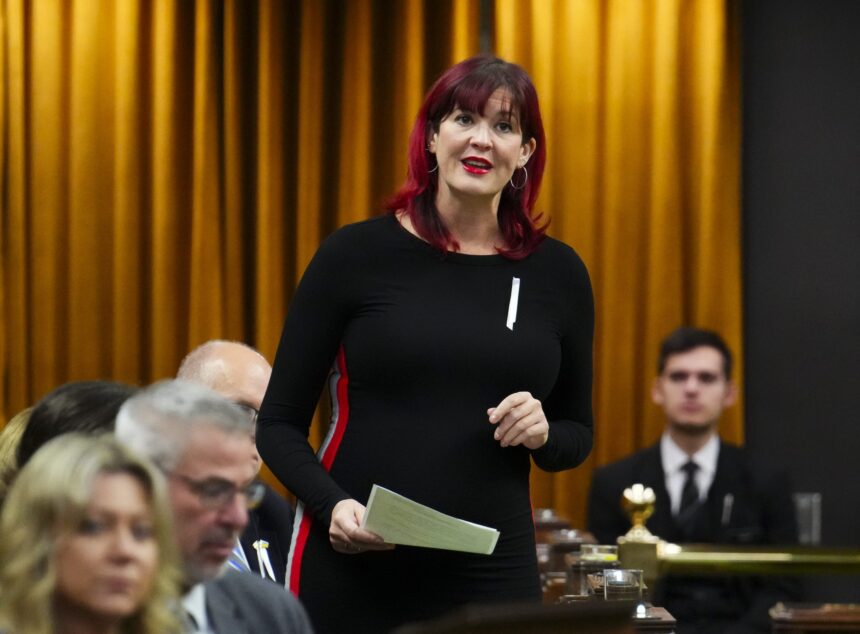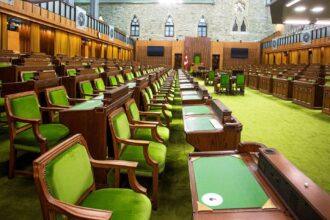In an unexpected parliamentary maneuver Monday afternoon, Bloc Québécois MPs formally called for the federal government’s sweeping economic legislation to be divided into two separate bills, arguing the current omnibus approach undermines proper democratic scrutiny and debate.
“What we’re witnessing is a deliberate attempt to rush through complex economic reforms without adequate examination,” said Bloc Québécois House Leader Alain Therrien during a heated exchange in the House of Commons. “The government has packaged vastly different economic measures under one umbrella to limit debate on contentious provisions that deserve their own legislative consideration.”
The One Canadian Economy Act, introduced last month by Finance Minister Chrystia Freeland, contains over 400 pages of economic measures ranging from housing affordability initiatives to changes in business competition rules and natural resource development. The legislation represents a cornerstone of the Liberal government’s economic agenda heading into what many analysts anticipate will be a pre-election period.
Bloc representatives have taken particular issue with provisions related to federal oversight of natural resources, which they claim encroaches on Quebec’s provincial jurisdiction. “This bill contains measures that directly challenge Quebec’s constitutional authority over its resources,” noted Bloc MP Gabriel Ste-Marie. “Hiding these controversial jurisdictional changes within an enormous economic package is legislative sleight of hand.”
The government has defended the comprehensive approach, with Deputy Prime Minister Freeland stating during Question Period that “the economic challenges facing Canadians are interconnected and require coordinated solutions.” She added that splitting the bill would “unnecessarily delay critical relief measures for Canadian families struggling with affordability issues.”
Parliamentary experts suggest the Bloc’s procedural challenge faces significant hurdles. “While the Speaker has occasionally ruled to split legislation in the past, it typically requires demonstrating that the bill contains clearly unrelated matters,” explained Lori Turnbull, political science professor at Dalhousie University. “The government will likely argue these economic measures form a coherent package.”
The move comes amid growing tensions in Canadian politics over the use of omnibus legislation, a practice the Liberals criticized when in opposition but have continued while in government. Conservative leader Pierre Poilievre has echoed some of the Bloc’s concerns, though primarily focused on the bill’s regulatory provisions affecting Western Canadian energy development.
The debate over splitting the bill raises fundamental questions about parliamentary effectiveness and democratic accountability in an era of increasingly complex legislation. As Canadian lawmakers navigate these procedural waters, citizens might well ask: When does legislative efficiency cross the line into undermining the essential parliamentary function of thoroughly examining laws that will shape our economic future?










